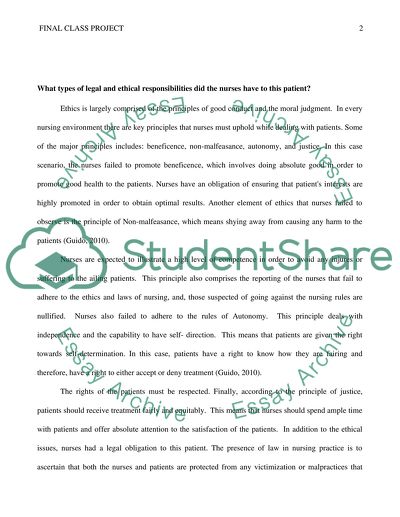Cite this document
(“Final Class Project Assignment Example | Topics and Well Written Essays - 1750 words”, n.d.)
Final Class Project Assignment Example | Topics and Well Written Essays - 1750 words. Retrieved from https://studentshare.org/nursing/1469163-final-class-project
Final Class Project Assignment Example | Topics and Well Written Essays - 1750 words. Retrieved from https://studentshare.org/nursing/1469163-final-class-project
(Final Class Project Assignment Example | Topics and Well Written Essays - 1750 Words)
Final Class Project Assignment Example | Topics and Well Written Essays - 1750 Words. https://studentshare.org/nursing/1469163-final-class-project.
Final Class Project Assignment Example | Topics and Well Written Essays - 1750 Words. https://studentshare.org/nursing/1469163-final-class-project.
“Final Class Project Assignment Example | Topics and Well Written Essays - 1750 Words”, n.d. https://studentshare.org/nursing/1469163-final-class-project.


